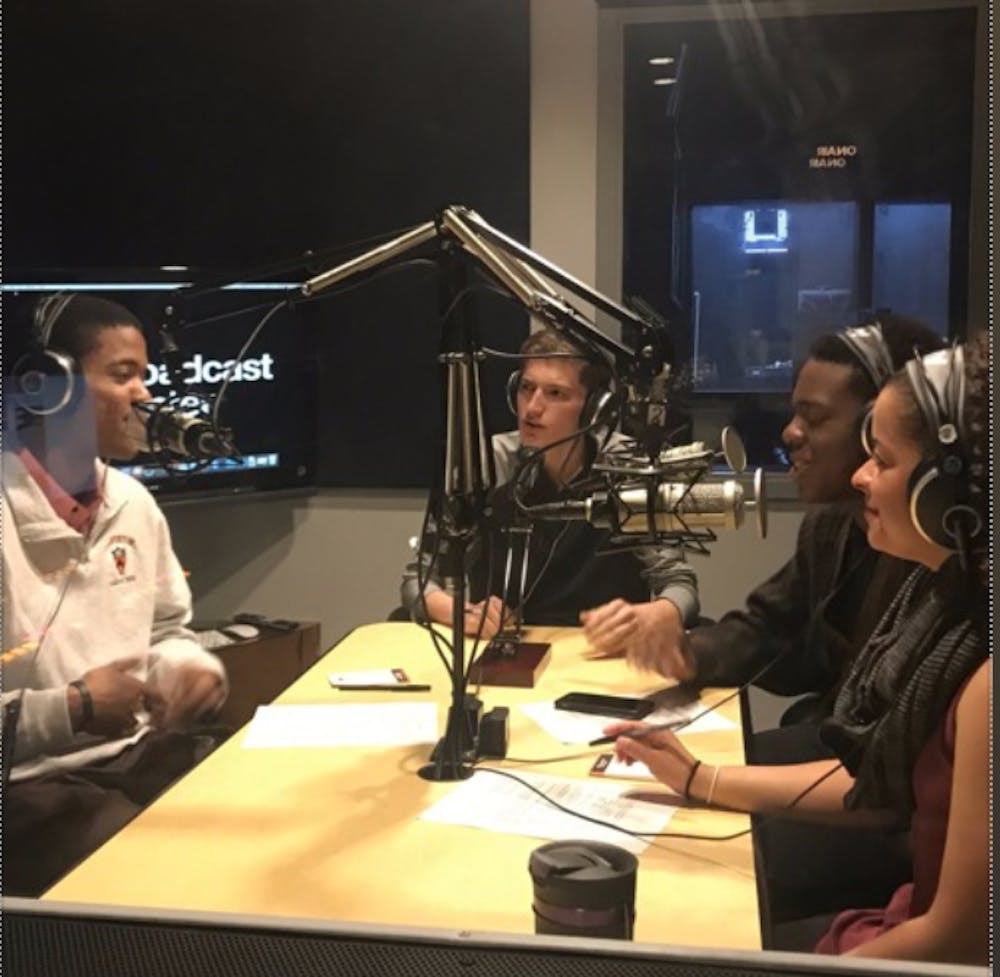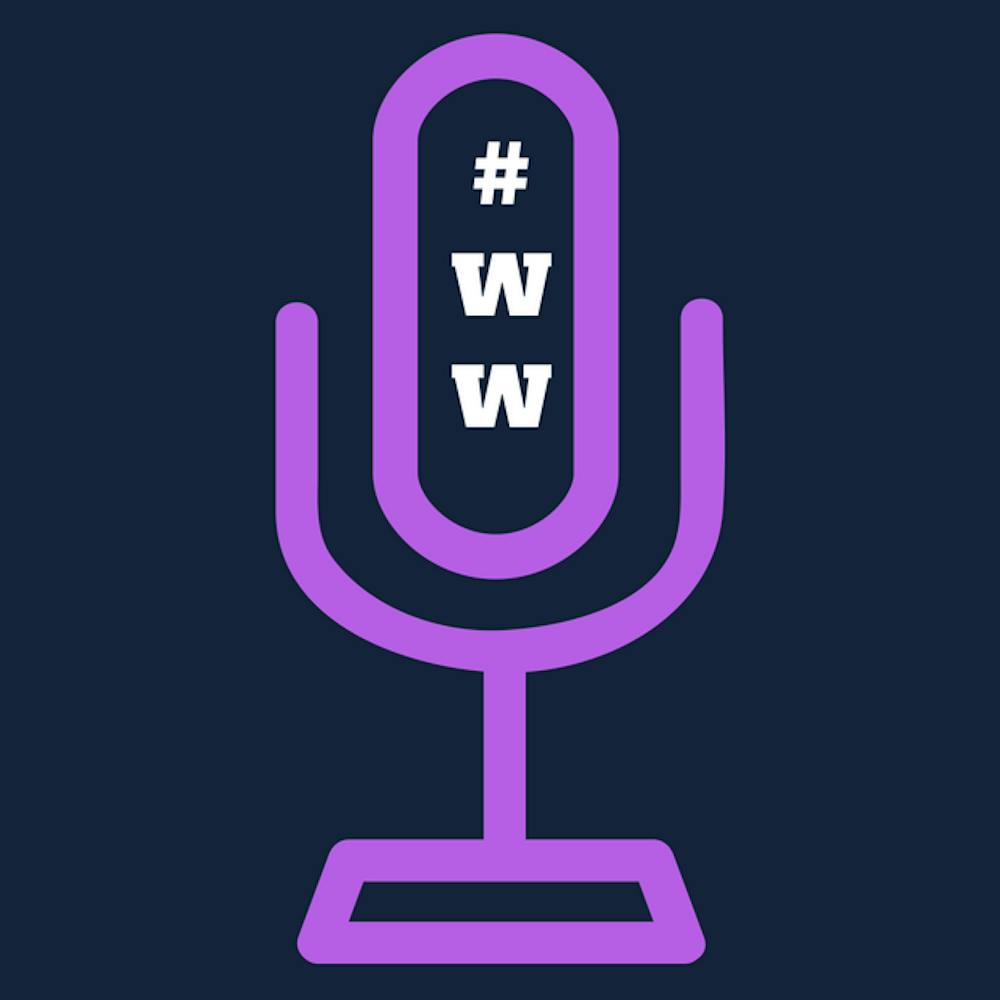
“I didn’t want to get into anything, I didn’t want to start any trouble. For a while I was content to be quiet, get my degree, and get out.” — William Pugh, ’20
That’s the thing about activism, though. None of us think we’re going to adopt that role, let it sink into our skin and out of our lips, until a moment hits us. The moment hits us. For William Pugh, current sophomore and now-president of Woke Wednesdays, a weekly podcast about race, that moment hit him when he was a junior in high school. When a typical watermelon became more than just a summer treat, when it became a symbol of ignorance and insensitivity. When words became more than just words. They were both reasons for his catapult into the identity of an activist.
“I grew up in the South, went to high school in Charleston, South Carolina. Out of about 650 students, only 12 of us were black. The fall of my junior year, the football team decided they wanted to take a watermelon after beating predominantly black teams and draw a disgusting racial caricature on it with a sharpie, smash it, and make monkey noises. This became a post-game ritual.”
And these were people he went to school with, whom he had genuine respect for and even if he disagreed with them, never imagined would allow their actions to extend to cruelty. A watermelon, in the guise of a joke, became on some deeper level a discriminatory excuse for bias and injustice toward one group of human beings. For William, staying woke began when he decided to write — when he decided to respond to this action.
He continues to do so here at Princeton as the President and founder of Woke Wednesdays.


I reached out to one of the youngest activism groups on campus, Woke Wednesdays, because engaging in dialogue is important now more than ever. Even early into the school year, participating in hot topics, becoming informed, and pushing the boundaries of perspective can help to shape the messages we project in the classroom and in conversations at the dining hall. In my search, I wanted to find the story behind Woke Wednesdays and hopefully gain a new lens.
Woke Wednesdays was formed “with the idea of having a podcast series centered around uplifting marginalized and underrepresented voices on campus through discourse and dialogue,” said Pugh. Who would have thought a group of freshman could make such a difference? To them, most political conversations took place behind closed doors. The creation of Woke Wednesdays was in hopes of expanding and building from the bottom up: to create a free and accessible discussion through the platform of Soundcloud. They talk about anything and everything that comes up in the news. Audiences may not agree with the speakers on the podcast, but they have been willing to engage in dissent and listen to the perspectives offered by the Woke Wednesdays team.

The podcast that airs every other week aims to channel student voices to the public. It’s about bringing to light issues like the watermelon, or kneeling during the national anthem, or former and current presidential policies.
Staying woke is about introspection, self-observation, and refusing to be content with simple silence. It’s about listening as well as speaking. And that's important now more than ever.







